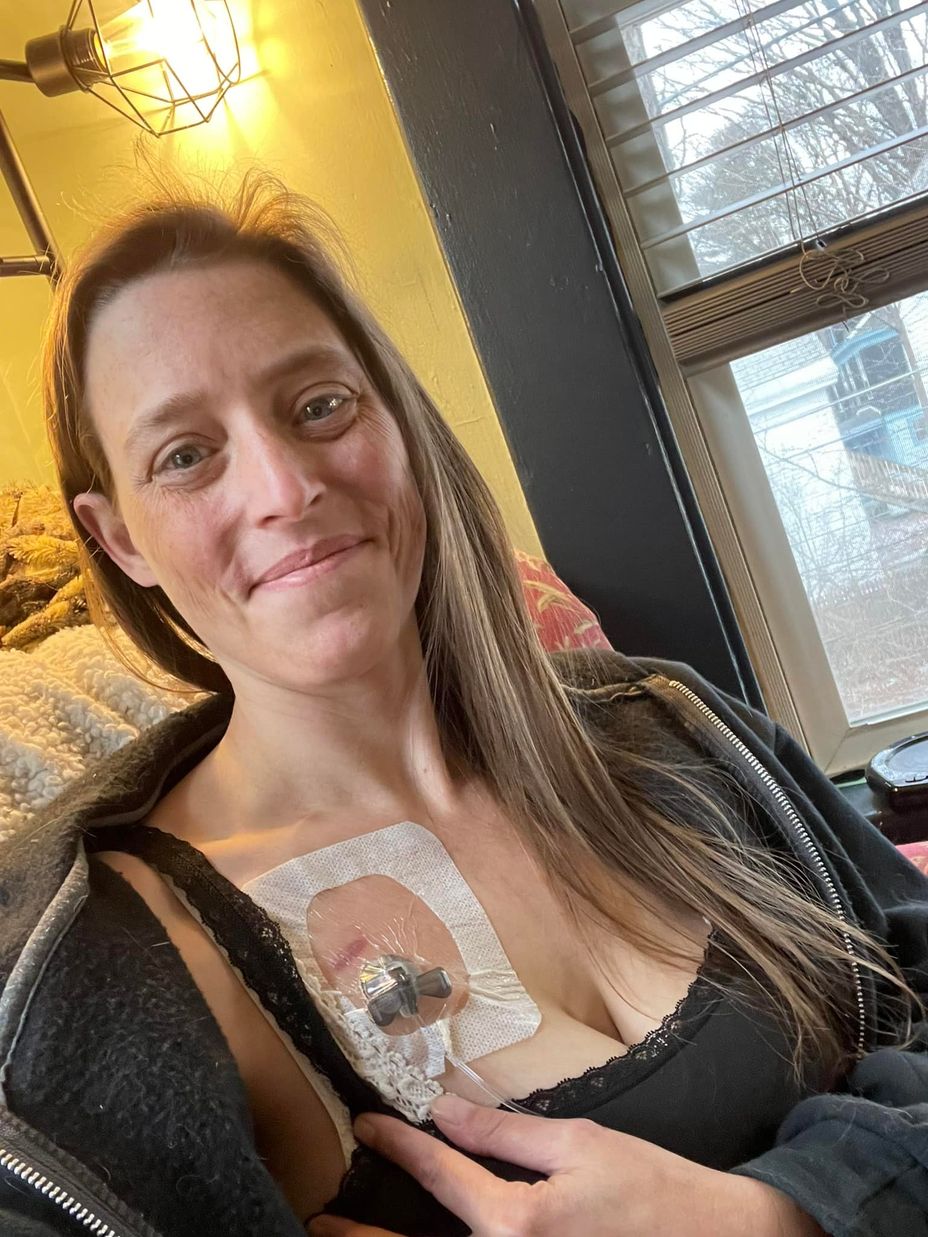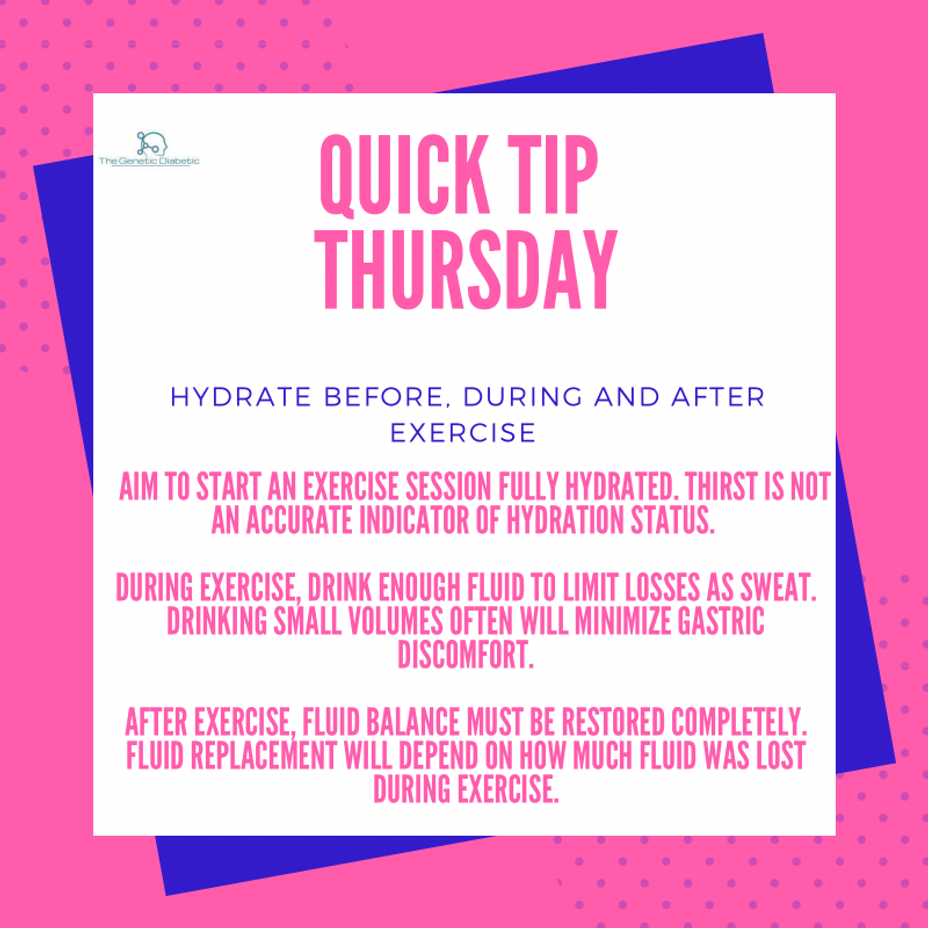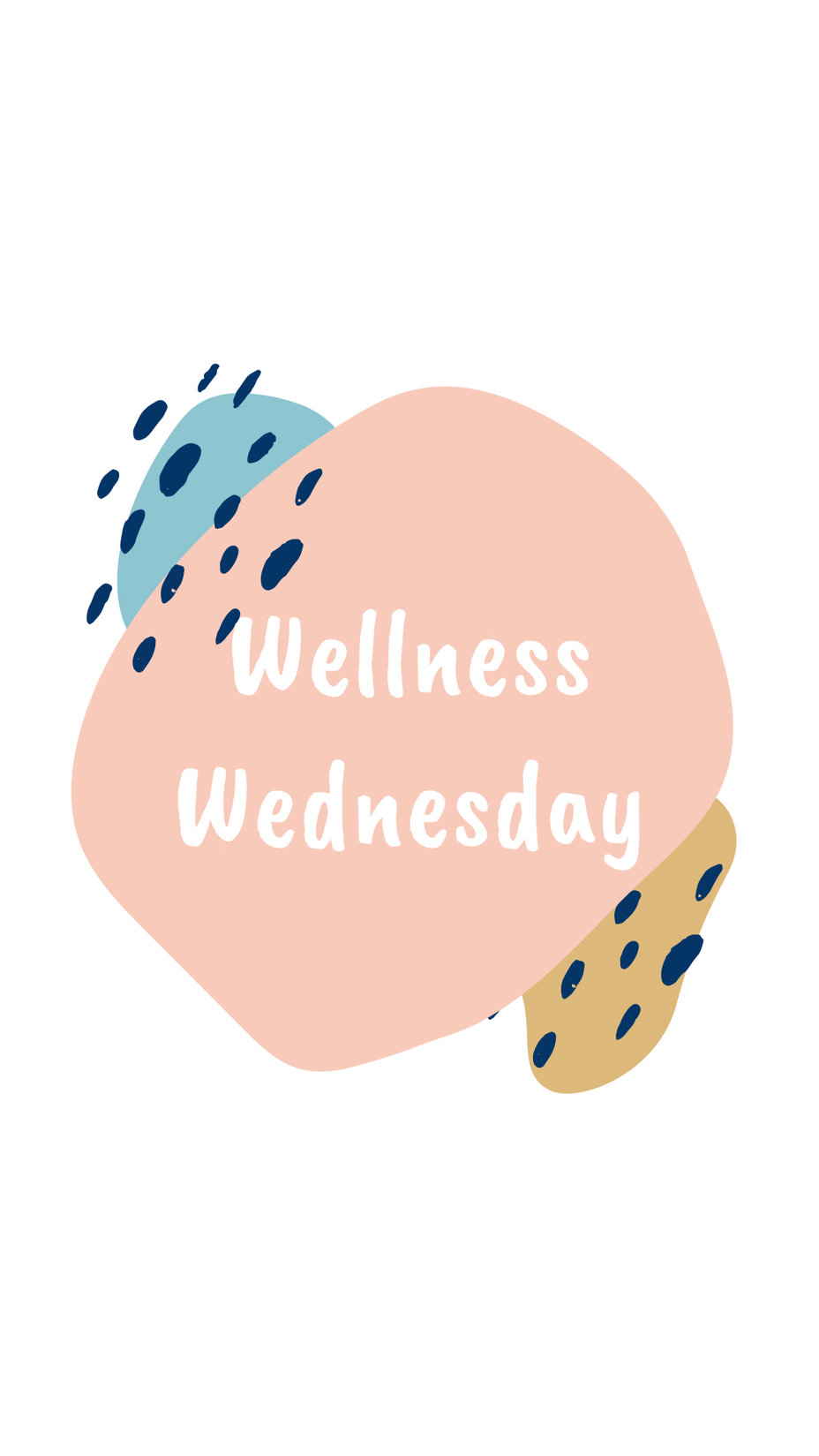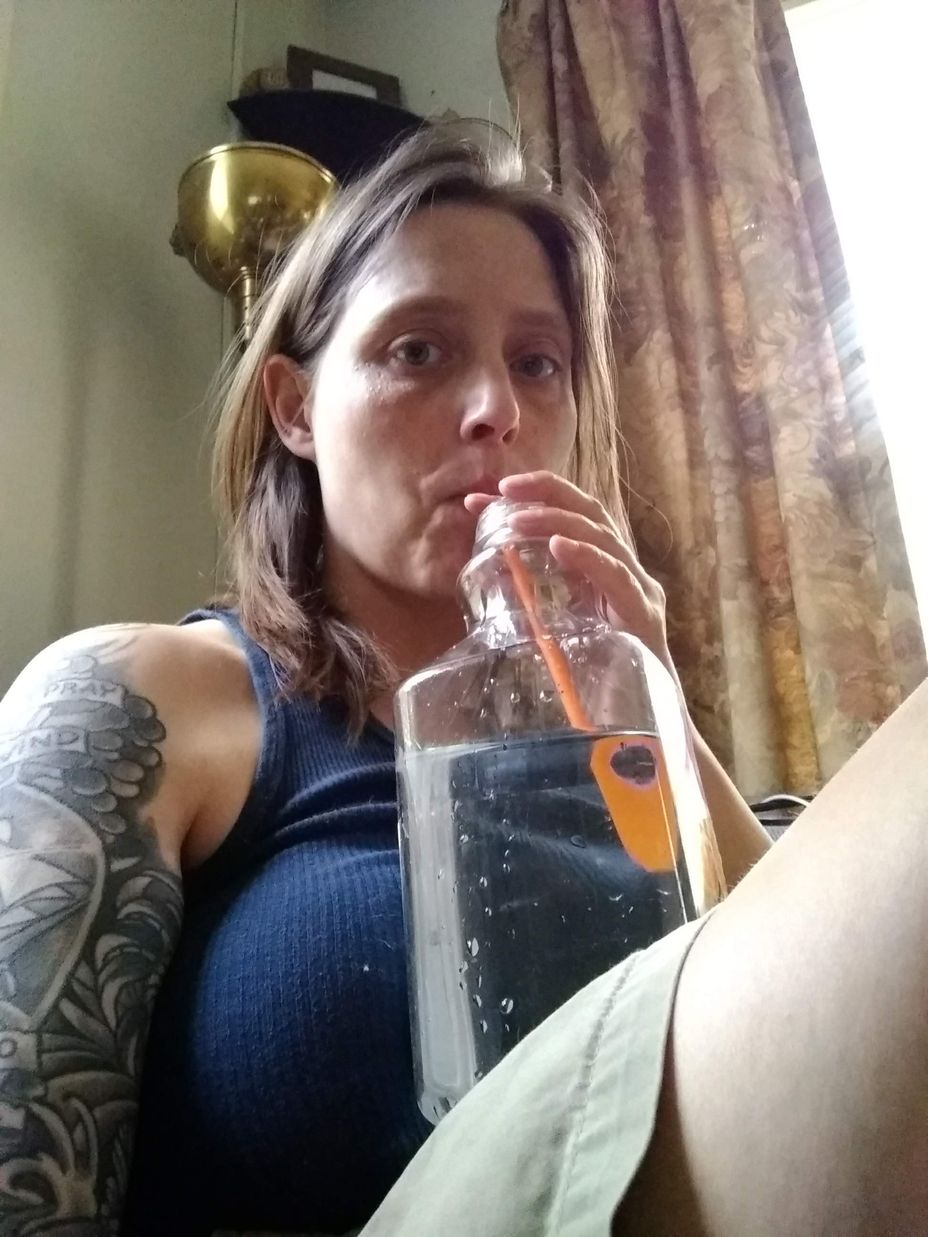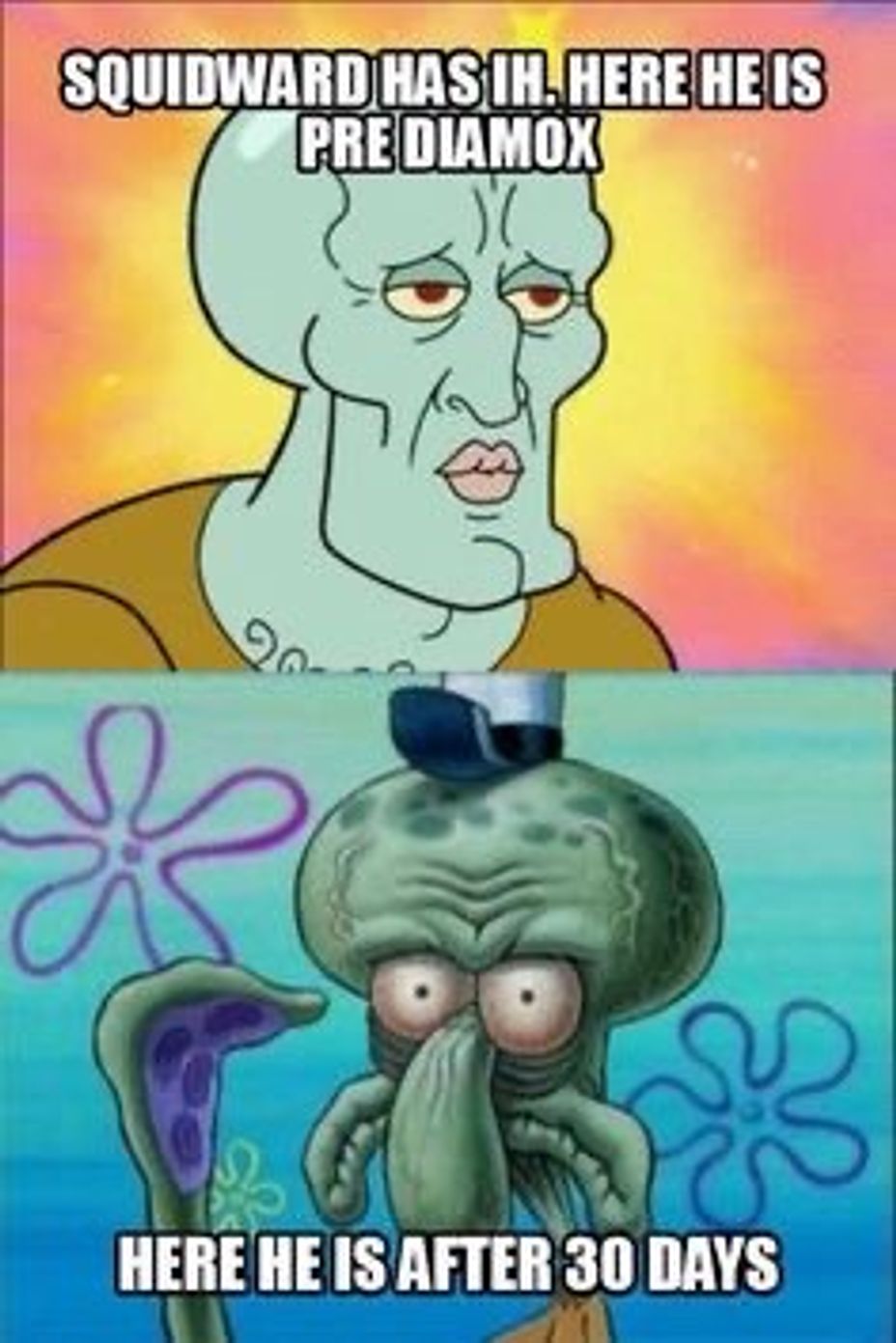Just woke up on the couch
I waddled to the bathroom cuz OMG and my right foot was swollen so bad. It's double it's normal size. I'll be able to show my PCP today and try to figure out what to do instead of lasix. I'm gonna try to make time to go back to the hospital for binsons to get compression socks in the next 2 weeks.
I didn't have therapy yesterday cuz my appointment cut into the time. We rescheduled for today at 4pm. I didn't do any journal prompts this time but I did some last time and we didn't go over them. But I'm sure with the cardiologist appointment and my PCP appointment I'll have plenty to talk about. And I'm so burnt out. We'll be fine as far as topics to discuss.
I'm gonna have a bunch of labs done today. Prolactin levels, testosterone, CBC, and A1c at the very least. Originally this appointment was for checking my urine for cultures cuz I had a UTI but I feel better.
I'm so thirsty. My tongue burns. My mouth is dry. I'm craving coffee. Except it's 530am and I can't have coffee right now. Pauley decided to wash dishes and accidentally chipped my starbarks mug.
I'm burping up stomach acid. I ate a little bowl of GF Velveeta Mac and cheese for dinner. It was delicious but it had quite a bit of salt. It's what made my feet swell up.
Today we're gonna place an order for groceries. I already picked what I want. I'm excited about some of the stuff I ordered, like the pork carnitas and the chocolate chip banana waffles and the cod. We're gonna eat the cod Wednesday night. Ooooo and the Dino nuggies are on sale! I ordered 2 boxes! Rawrrr
I've decided I'm awake for the day. I'm having pauley make me a bottle of IQ Joe. It'll help me feel more alert and less foggy. I'll also make a cup of juice when I finish drinking the coffee.
#Lymphedema #GERD #AcidReflux #HiatalHernia #Dehydration #foodieadventures #coffeeadventures

